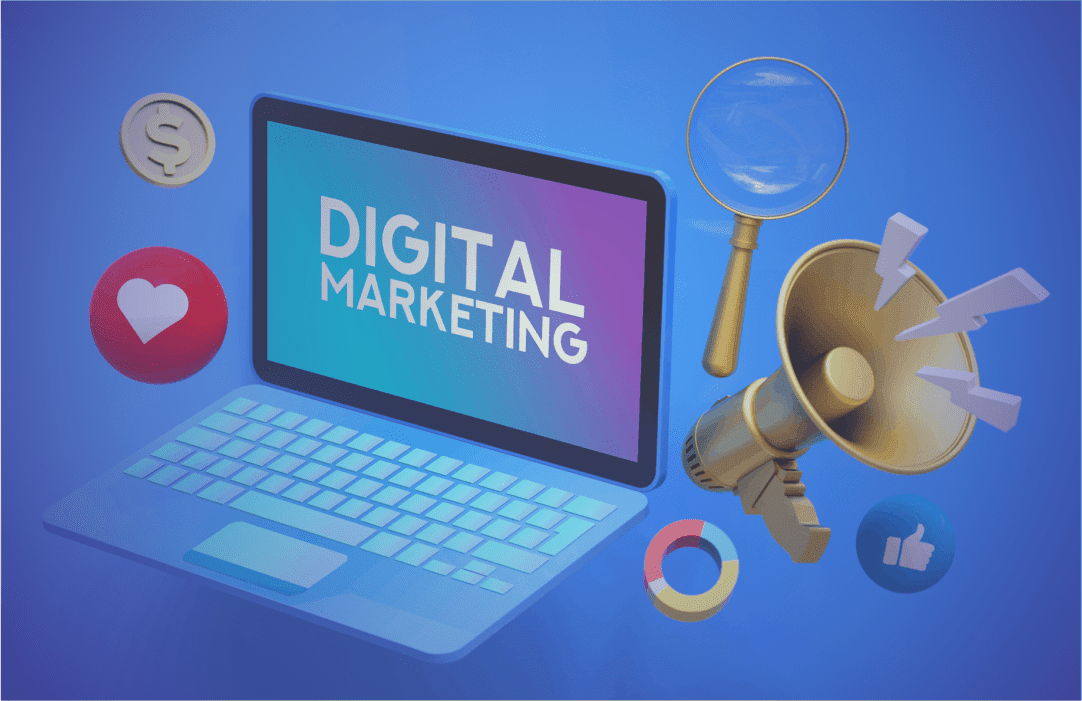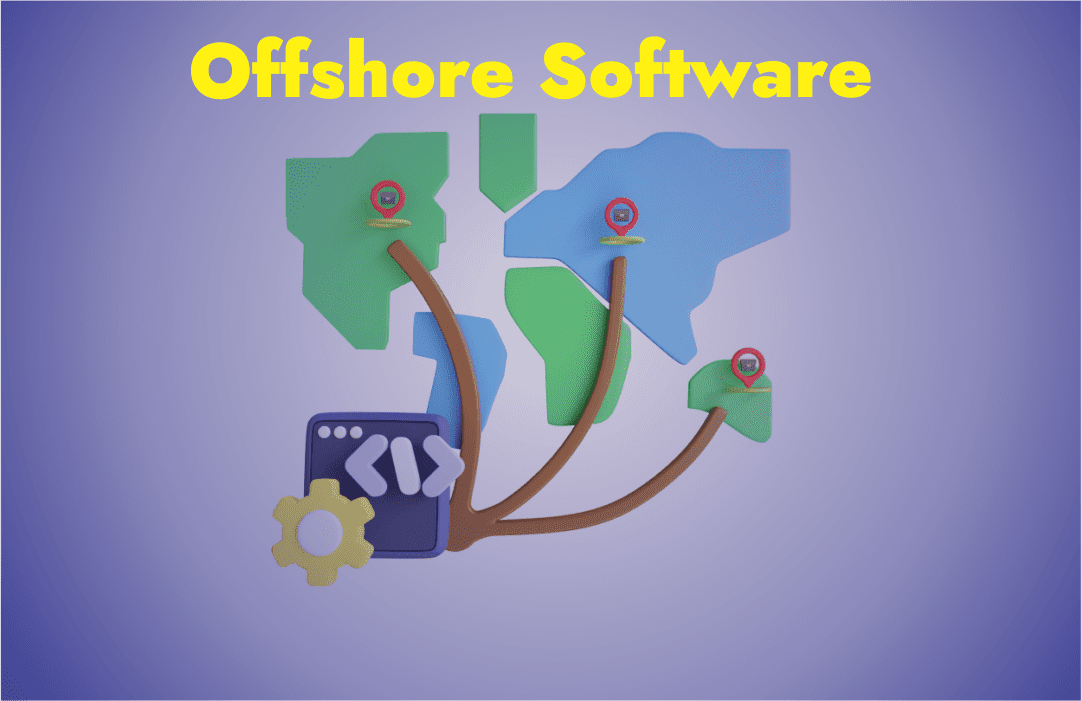WHAT IS MARKETING CHANNELS
In today’s fast-paced business environment, reaching out to clients swiftly and effectively is critical to success. Marketing channels play a critical part in this process, acting as conduits for products and services to travel from producers to consumers.
Understanding the complexities of marketing channels is critical for companies wanting to optimize distribution strategies and improve customer happiness. In this essay, we will dive into the topic of marketing channels, investigating their many forms, purposes, and the developing distribution environment in the digital era.
What Is Marketing Channels?
Marketing channels, also known as distribution channels or trade channels, are the routes that products and services take from the producer or maker to the end user. These channels include a number of middlemen, such as wholesalers, retailers, agents, and logistics providers, who collaborate to ensure that items move smoothly through the different phases of distribution.
Marketing channels’ major purpose is to guarantee that items are accessible to customers at the appropriate time, in the right location, and in the correct amount. These channels are critical for linking producers and customers, and their efficacy has a direct influence on a company’s capacity to reach its target market, cut costs, and improve customer satisfaction.
Importance Of Marketing Channels
Efficient marketing channels are essential for businesses to bridge the gap between production and consumption. They serve as a means to maximize market reach, reduce costs, and enhance customer satisfaction. A well-designed channel strategy contributes to a competitive advantage by creating smoother pathways for products to flow from the point of origin to the end user.

Types of Marketing Channels
The emergence of e-commerce, social networking, and other digital technology has altered conventional marketing channels as the corporate environment advances. Businesses are responding to these developments by combining internet channels, using social media for marketing, and implementing omni-channel strategies to give a consistent consumer experience across several touch-points.
Direct Channels
Direct channels involve the direct sale of goods or services from the producer to the consumer without intermediaries. This approach is common in industries where the producer has a strong brand presence and wants to maintain control over the entire customer experience.
- Online Direct Sales: With the rise of e-commerce, many businesses now utilize online platforms to sell directly to consumers, cutting out the need for physical retail intermediaries.
- Manufacturer Retail Stores: Some producers operate their retail outlets, providing a direct link to customers and allowing for better brand representation and customer engagement.
Indirect Channels
Indirect channels involve intermediaries between the producer and consumer. These intermediaries facilitate the movement of goods and provide value-added services, such as storage, transportation, and marketing.
- Wholesalers: Wholesalers purchase large quantities of goods from producers and distribute them to retailers. They act as a link between manufacturers and retailers, offering benefits like bulk purchasing discounts and centralized distribution.
- Retailers: Retailers are the final link in the marketing channel before products reach consumers. They can be brick-and-mortar stores, online retailers, or a combination of both.
- Agents and Brokers: Agents and brokers act as intermediaries that connect buyers and sellers. They do not take ownership of the products but facilitate transactions for a commission.
Functions of Marketing Channels
Marketing channels are vital conduits that link producers and customers, allowing for the effective distribution of products and services in the marketplace. Understanding and improving these channels is critical for firms looking to reach their target audience successfully and prosper in a competitive business climate.
Facilitating the Flow of Goods
The primary function of marketing channels is to ensure the smooth flow of goods from production to consumption. This involves transportation, warehousing, and inventory management to avoid stockouts or overstock situations.
Minimizing Transaction Costs
Marketing channels help in reducing transaction costs by consolidating activities like order processing, transportation, and storage. This efficiency can lead to cost savings for both producers and consumers.

Providing Market Information
Intermediaries in marketing channels gather and disseminate market information, providing valuable insights to producers about consumer preferences, market trends, and competitive intelligence.
Adding Value
Each intermediary in the marketing channel has the potential to add value to the product. This can be through branding, marketing, or providing additional services that enhance the overall customer experience.
Digital Transformation in Marketing Channels
The different organizations and activities involved in the distribution of products and services from producers to consumers are referred to as marketing channels. These channels act as conduits for items, ensuring that they are available at the appropriate location, at the right time, and in the correct amount.
E-Commerce Impact
The advent of e-commerce has disrupted traditional marketing channels significantly. Online marketplaces and direct-to-consumer models have gained prominence, enabling producers to reach global audiences with minimal intermediaries.
Social Media and Influencer Marketing
Social media platforms have become powerful tools for marketing, allowing businesses to connect with consumers directly. Influencer marketing leverages individuals with significant online followings to promote products, creating new channels for product discovery and sales.
Omni-Channel Marketing
The modern consumer expects a seamless experience across various channels – online and offline. Omni-channel marketing integrates different channels to provide a unified and consistent brand experience, irrespective of the customer’s chosen touchpoint.
Challenges in Marketing Channels
Channel Conflict
Channel conflict arises when different members of the distribution channel have conflicting interests. This can lead to inefficiencies, delays, and a negative impact on the overall customer experience.
Global Supply Chain Complexities
As businesses expand globally, managing complex supply chains becomes a challenge. Issues such as customs regulations, transportation logistics, and cultural differences can complicate international marketing channels.
Technology Integration
Adopting and integrating new technologies into existing marketing channels can be challenging for businesses. However, embracing technology is essential for staying competitive and meeting the evolving demands of consumers.
Conclusion
In conclusion, understanding marketing channels is crucial for businesses aiming to navigate the complexities of product distribution in the modern marketplace. Whether utilizing direct or indirect channels, the key is to create a seamless and efficient pathway from production to consumption.
Embracing the digital transformation in marketing channels is imperative for staying relevant in a rapidly changing business landscape. By addressing challenges and adapting to new technologies, businesses can optimize their marketing channels to better serve customers and gain a competitive edge in the global marketplace.






























1 comment
[…] WHAT IS MARKETING CHANNELS: What To Know […]